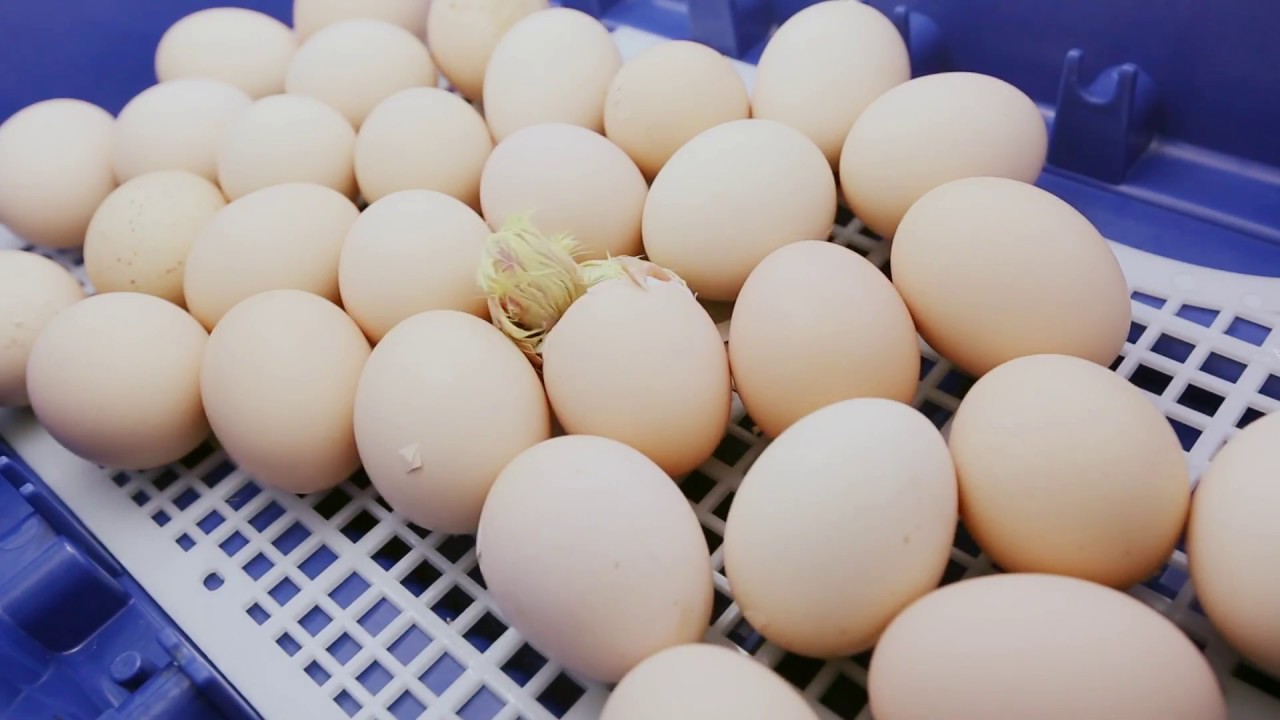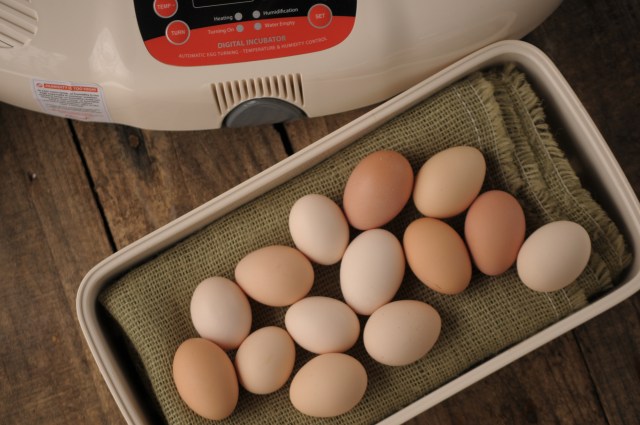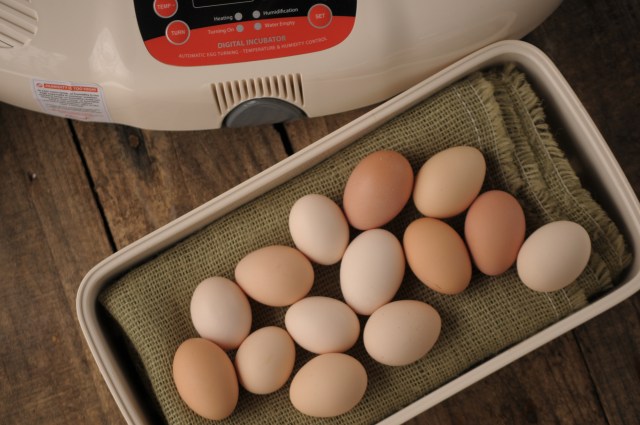When it comes to incubating eggs, there are numerous factors that play a crucial role in ensuring successful hatching. One of the most vital among these is humidity. Understanding why humidity is important in incubation can make the difference between a thriving batch of chicks and a disappointing outcome.

The Science Behind Egg Incubation
Before diving into the specifics of humidity, it’s essential to understand the basic science of egg incubation. Incubation is the process of keeping eggs under controlled environmental conditions to encourage the development and eventual hatching of the embryo. Temperature, humidity, and ventilation are the key factors in this process.
The Role of Humidity
Humidity plays a critical role in maintaining the proper balance of moisture within the egg. This is crucial for the embryo’s development. Without the right humidity levels, the egg could either lose too much moisture or retain too much, both of which can be detrimental to the embryo.
Ideal Humidity Levels
Generally, the ideal humidity level during incubation is around 50-55% for the first 18 days and then increasing to 65-70% during the last few days before hatching. This increase in humidity helps to soften the eggshell, making it easier for the chick to break through.
Monitoring Humidity
Monitoring humidity is crucial. Use a reliable hygrometer to keep track of the levels inside your incubator. Adjustments may be necessary depending on the external environment, as factors like room temperature and air conditioning can affect humidity levels.
Risks of Improper Humidity
Improper humidity levels can lead to several problems. Low humidity can cause the egg to lose too much moisture, leading to a smaller air cell and possibly dehydrating the embryo. On the other hand, high humidity can result in insufficient air cell development, making it difficult for the chick to breathe during hatching.
Signs of Humidity Issues
There are a few telltale signs that your humidity levels might be off. If the chicks are struggling to hatch or you notice a high number of unhatched eggs with fully developed chicks, it might be time to reassess your humidity settings.
Tips for Maintaining Proper Humidity
Maintaining the right humidity levels can be challenging, but with these tips, you can ensure a successful hatch:
- Use a reliable hygrometer to measure humidity accurately.
- Avoid opening the incubator too often, as this can cause fluctuations in humidity.
- Keep the incubator in a stable environment, away from drafts and direct sunlight.
Adjusting Humidity Levels
To increase humidity, you can add water to the incubator’s water trays or place a damp sponge inside. To decrease humidity, ensure adequate ventilation and remove any excess water from the trays.
Common Mistakes in Humidity Management
One common mistake is not calibrating your hygrometer. Always ensure that your hygrometer is accurate by testing it regularly. Another mistake is not monitoring humidity frequently enough, leading to unnoticed fluctuations that can affect the hatch.
Learning from Experience
Many chicken enthusiasts learn the importance of humidity through trial and error. By sharing experiences and knowledge, the community can help each other achieve better results in egg incubation.
Conclusion
Understanding why humidity is important in incubation is key to mastering the art of egg hatching. With the right knowledge and tools, you can create an optimal environment for your eggs, ensuring a higher success rate and healthier chicks.
Learn more about using incubators effectively for successful hatching.

Additional Resources
For more insights on egg incubation, check out this beginner’s guide on egg incubation.
FAQs
Q: What happens if humidity is too low in an incubator?
A: If humidity is too low, eggs may lose too much moisture, risking dehydration of the embryo.
Q: How can I increase humidity in my incubator?
A: Increase humidity by adding water to the trays or placing a damp sponge inside the incubator.
Q: Why does humidity need to increase before hatching?
A: Increased humidity helps soften the eggshell, allowing chicks to hatch more easily.
This article contains affiliate links. We may earn a commission at no extra cost to you.











